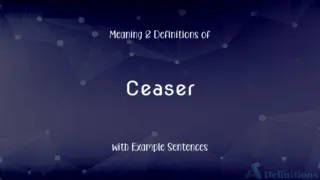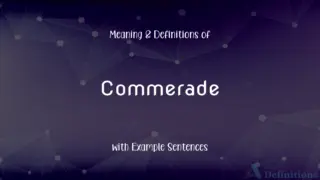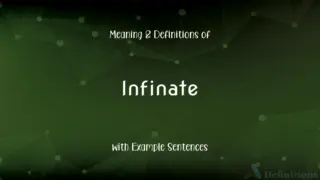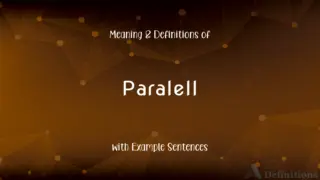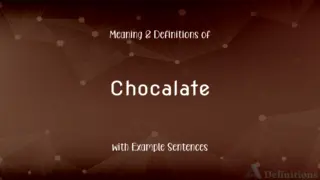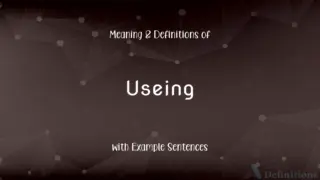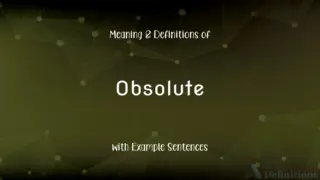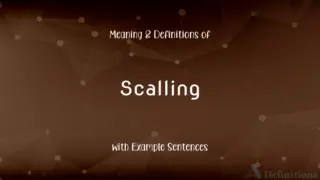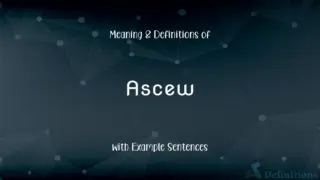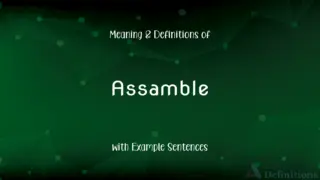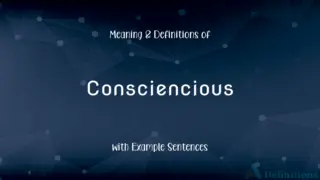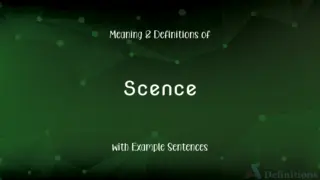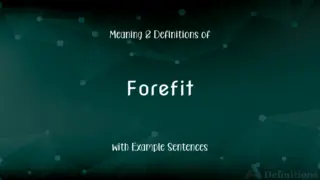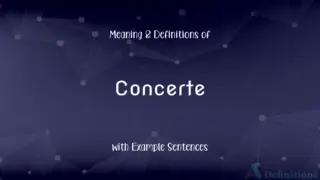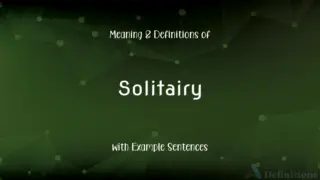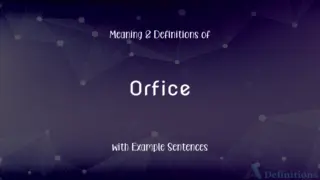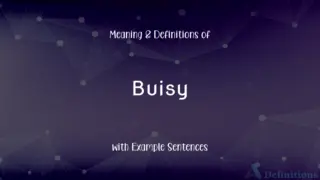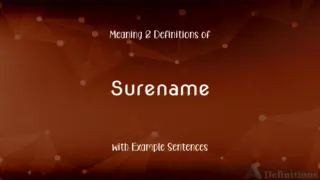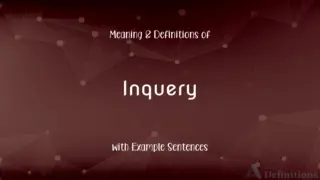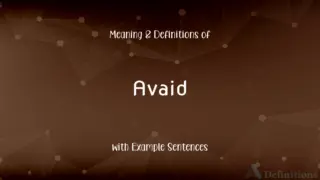Theroy Meaning and Definition
"Theroy" is not a standard word in the English language. Please consider the correct spelling, "Theory." Misspellings can create confusion or diminish the perceived quality of the text.
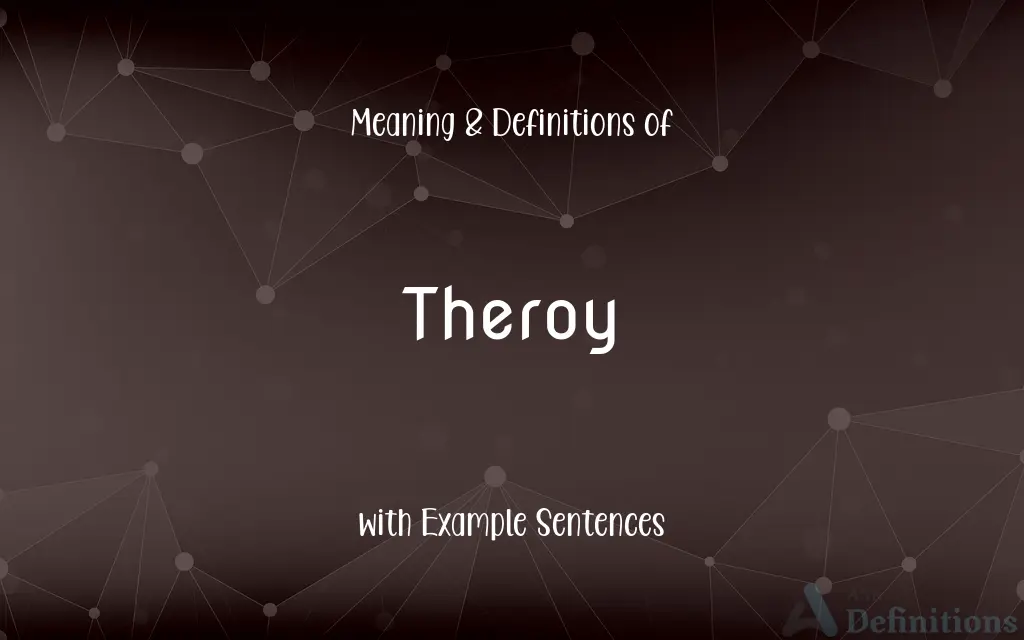
Table of Contents
Theory Definitions
Theory refers to a system of ideas intended to explain something, based on general principles independent of the thing to be explained.
Einstein's theory of relativity revolutionized physics.
A set of principles on which the practice of an activity is based.
Music theory explores the fundamentals of music composition and performance.
A speculative idea or notion concerning a particular subject.
Theories about the origin of the universe are numerous and varied.
A conjecture or set of ideas formulated to explain observed phenomena.
The theory of evolution by natural selection explains the diversity of life.
An idea used to account for a situation or justify a course of action.
His theory was that early risers are more productive.
A systematic framework for understanding, predicting, and possibly controlling certain aspects of the natural or social world.
Quantum theory provides insight into the behavior of matter and energy at very small scales.
An organized system of accepted knowledge that applies in a variety of circumstances to explain a specific set of phenomena or observations.
Kinetic molecular theory explains the properties of gases in terms of the motion of particles.
A body of ideas meant to explain something, both general and specific.
Political theory examines the concepts and principles underlying political systems and behaviors.
A set of abstract principles related to a specific field of study.
Economic theory analyzes how economies operate and how economic agents interact.
A set of statements or principles devised to explain a group of facts or phenomena, especially one that has been repeatedly tested or is widely accepted and can be used to make predictions about natural phenomena.
The branch of a science or art consisting of its explanatory statements, accepted principles, and methods of analysis, as opposed to practice
A fine musician who had never studied theory.
A set of theorems that constitute a systematic view of a branch of mathematics.
Abstract reasoning; speculation
A decision based on experience rather than theory.
A belief or principle that guides action or assists comprehension or judgment
Staked out the house on the theory that criminals usually return to the scene of the crime.
An assumption based on limited information or knowledge; a conjecture.
A description of an event or system that is considered to be accurate.
(sciences) A coherent statement or set of ideas that explains observed facts or phenomena and correctly predicts new facts or phenomena not previously observed, or which sets out the laws and principles of something known or observed; a hypothesis confirmed by observation, experiment etc.
(uncountable) The underlying principles or methods of a given technical skill, art etc., as opposed to its practice.
(mathematics) A field of study attempting to exhaustively describe a particular class of constructs.
Knot theory classifies the mappings of a circle into 3-space.
A hypothesis or conjecture.
A set of axioms together with all statements derivable from them; or, a set of statements which are deductively closed. Equivalently, a formal language plus a set of axioms (from which can then be derived theorems). The statements may be required to all be bound (i.e., to have no free variables).
A theory is consistent if it has a model.
A doctrine, or scheme of things, which terminates in speculation or contemplation, without a view to practice; hypothesis; speculation.
An exposition of the general or abstract principles of any science; as, the theory of music.
The science, as distinguished from the art; as, the theory and practice of medicine.
The philosophical explanation of phenomena, either physical or moral; as, Lavoisier's theory of combustion; Adam Smith's theory of moral sentiments.
A well-substantiated explanation of some aspect of the natural world; an organized system of accepted knowledge that applies in a variety of circumstances to explain a specific set of phenomena;
Theories can incorporate facts and laws and tested hypotheses
True in fact and theory
A tentative theory about the natural world; a concept that is not yet verified but that if true would explain certain facts or phenomena;
A scientific hypothesis that survives experimental testing becomes a scientific theory
He proposed a fresh theory of alkalis that later was accepted in chemical practices
A belief that can guide behavior;
The architect has a theory that more is less
They killed him on the theory that dead men tell no tales
A hypothesis that has been extensively tested and is generally accepted as true.
The germ theory of disease identifies microorganisms as the cause of some diseases.
An explanation based on observation, experimentation, and reasoning, especially one that has been tested and confirmed as a general principle helping to explain and predict phenomena.
The theory of plate tectonics describes the large-scale motion of Earth's lithosphere.
Theory Snonyms
Model
A system or thing used as an example to follow or imitate.
The heliocentric model of the solar system placed the sun at the center.
Concept
An abstract idea; a general notion.
The concept of gravity is essential to understanding the motion of planets.
Conjecture
An opinion or conclusion formed on the basis of incomplete information.
His conjecture about the lost city's location sparked an expedition.
Hypothesis
An assumption made for the sake of argument or investigation.
The scientist proposed a hypothesis to explain the unexpected results.
Framework
An essential supporting structure of a theory, concept, or system.
The framework for the study was based on social cognitive theory.
Principle
A fundamental truth or proposition that serves as the foundation for a system of belief or behavior.
The principle of conservation of energy is a cornerstone of physics.
Postulate
Something accepted as true without proof; an axiom.
Euclidean geometry is based on five fundamental postulates.
Doctrine
A belief or set of beliefs held and taught by a Church, political party, or other group.
The doctrine of free market capitalism influences much of economic theory.
Philosophy
The study of the fundamental nature of knowledge, reality, and existence.
His interest in the philosophy of science led him to explore theories about the universe.
Belief
An acceptance that something exists or is true, especially one without proof.
His belief in extraterrestrial life was unshaken by skeptics.
Theory Idioms & Phrases
Game theory
The study of mathematical models of strategic interaction among rational decision-makers.
Game theory can explain the choices made by competing businesses.
In theory
Something should happen or be possible theoretically, but may not in practice.
In theory, the plan could work, but we need to test it.
String theory
A theoretical framework in which the point-like particles of particle physics are replaced by one-dimensional strings.
String theory attempts to reconcile quantum mechanics and general relativity.
Set theory
The branch of mathematical logic that studies sets, which are collections of objects.
Set theory forms the basis for several other areas of mathematics.
Critical theory
A social theory oriented toward critiquing and changing society as a whole.
Critical theory examines the structures of power within society.
Theory of everything
A hypothetical single, all-encompassing, coherent theoretical framework of physics.
Scientists are still searching for a theory of everything.
Conspiracy theory
A belief that some covert but influential organization is responsible for an event.
Some conspiracy theories about historical events are wildly speculative.
Theory of relativity
A theory by Einstein that describes the laws of physics in the presence of gravity.
The theory of relativity has profound implications for the study of the universe.
Normative theory
A theory that prescribes how things should or ought to be.
Normative theory in ethics guides individuals on how to act morally.
Music theory
The study of the practices and possibilities of music.
Understanding music theory can improve your musical performance and composition skills.
Theory of mind
The ability to attribute mental states—beliefs, intents, desires—to oneself and others.
Developing a theory of mind is a key stage in child development.
Theory-laden
When observation is influenced by the particular theories one holds.
His analysis was theory-laden, reflecting his own biases.
Unified theory
A theory that combines several previously separate theories into a single framework.
Scientists are working towards a unified theory that links all fundamental forces.
Beyond theory
When ideas or concepts are put into practice.
The technology has moved beyond theory and is now commercially available.
Empirical theory
A theory based on or verifiable by observation or experience rather than theory or pure logic.
Empirical theory in science is derived from experimental data.
Theory-driven
Research or analysis that is guided by a theoretical framework.
Her study was theory-driven, heavily influenced by sociological theories.
Theory-heavy
Dense with theoretical concepts and analysis.
The lecture was theory-heavy, challenging for those new to the subject.
A working theory
A theory that is provisionally accepted as a basis for further research.
The detectives developed a working theory of the crime.
Quantum theory
A fundamental theory in physics describing the properties of nature on an atomic scale.
Quantum theory explains the behavior of particles at the atomic and subatomic levels.
Grand theory
An attempt to explain large-scale relationships and answer fundamental questions.
Marx's writings form the grand theory of historical materialism.
Theory Example Sentences
The theory must be tested through experiments.
The teacher explained the theory behind the equation.
Her thesis proposes a new theory on emotional intelligence.
The documentary explored different theories about the universe.
In theory, the solution seems straightforward.
The theory was developed after years of research.
The theory of plate tectonics explains continental drift.
Her theory on social dynamics sparked debate.
The theory suggests a link between diet and health.
The study’s findings support the proposed theory.
Critics argue that the theory lacks empirical evidence.
Common Curiosities
What is a stressed syllable in theory?
The stressed syllable in "theory" is the first syllable: the-.
How is theory used in a sentence?
Theory is used to describe a system of ideas intended to explain something, based on general principles. e.g., His theory on global warming has sparked much debate.
How many syllables are in theory?
Theory has three syllables.
Why is it called theory?
The term "theory" comes from the Greek word "theoria," which means "a looking at, viewing, beholding." It signifies a contemplative and rational type of abstract or generalizing thinking about a phenomenon, or the results of such thinking.
What is the root word of theory?
The root word of "theory" is the Greek word "theoria," which means viewing or contemplation.
How do we divide theory into syllables?
Theory is divided into syllables as the-o-ry.
What is the pronunciation of theory?
Theory is pronounced as /ˈθɪəri/ or /ˈθiəri/.
What is the plural form of theory?
The plural form of theory is "theories."
What is the opposite of theory?
The opposite of theory could be considered "practice" or "empirical evidence," as these terms refer to the application or observation rather than the abstract reasoning of theory.
Is theory an adverb?
No, theory is not an adverb.
Is theory a negative or positive word?
Theory is neutral; it is neither inherently negative nor positive.
Is theory a countable noun?
Yes, theory is a countable noun (e.g., one theory, two theories).
What is the verb form of theory?
Theory does not have a verb form. However, the process related to developing a theory can be described using verbs like theorize.
Is theory an abstract noun?
Yes, theory is an abstract noun as it represents an idea or concept that is not tangible.
Is theory a vowel or consonant?
The word "theory" starts with a consonant sound.
What part of speech is theory?
Theory is a noun.
What is the singular form of theory?
The singular form is "theory."
Is theory a noun or adjective?
Theory is a noun.
Is theory a collective noun?
No, theory is not a collective noun.
Which vowel is used before theory?
The article "a" is used before theory because "theory" starts with a consonant sound.
Which preposition is used with theory?
Prepositions like "of," "in," and "about" are commonly used with theory, e.g., "theory of gravity," "in theory," "about the theory."
Which conjunction is used with theory?
Conjunctions like "and" and "but" can be used with theory, depending on the sentence, e.g., "theory and practice," "theory but not practice."
Is the word theory imperative?
No, "theory" is a noun and cannot be imperative.
Is the word “theory” a Direct object or an Indirect object?
Theory can be used as a direct object in a sentence, e.g., "She developed a theory."
Which determiner is used with theory?
Determiners like "a," "the," or "this" can be used with theory, e.g., "a theory," "the theory," "this theory."
Which article is used with theory?
The article "a" is used before theory when it's singular and indefinite, and "the" is used when the theory is specific or previously mentioned.
What is another term for theory?
Another term for theory is hypothesis, although "hypothesis" often implies a less developed idea than a theory.
Is the theory term a metaphor?
The term "theory" itself is not a metaphor, but theories can be used metaphorically to explain concepts.
Is the word theory Gerund?
No, theory is not a gerund. A gerund is a noun made from a verb by adding "-ing."
Share Your Discovery
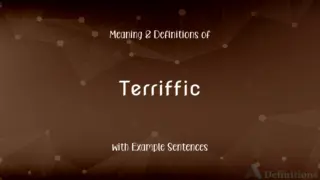
Previous Term
Terriffic Meaning and Definition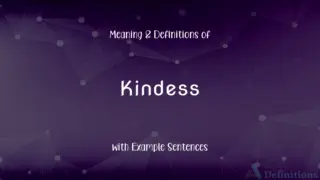
Next Term
Kindess Meaning and Definition

